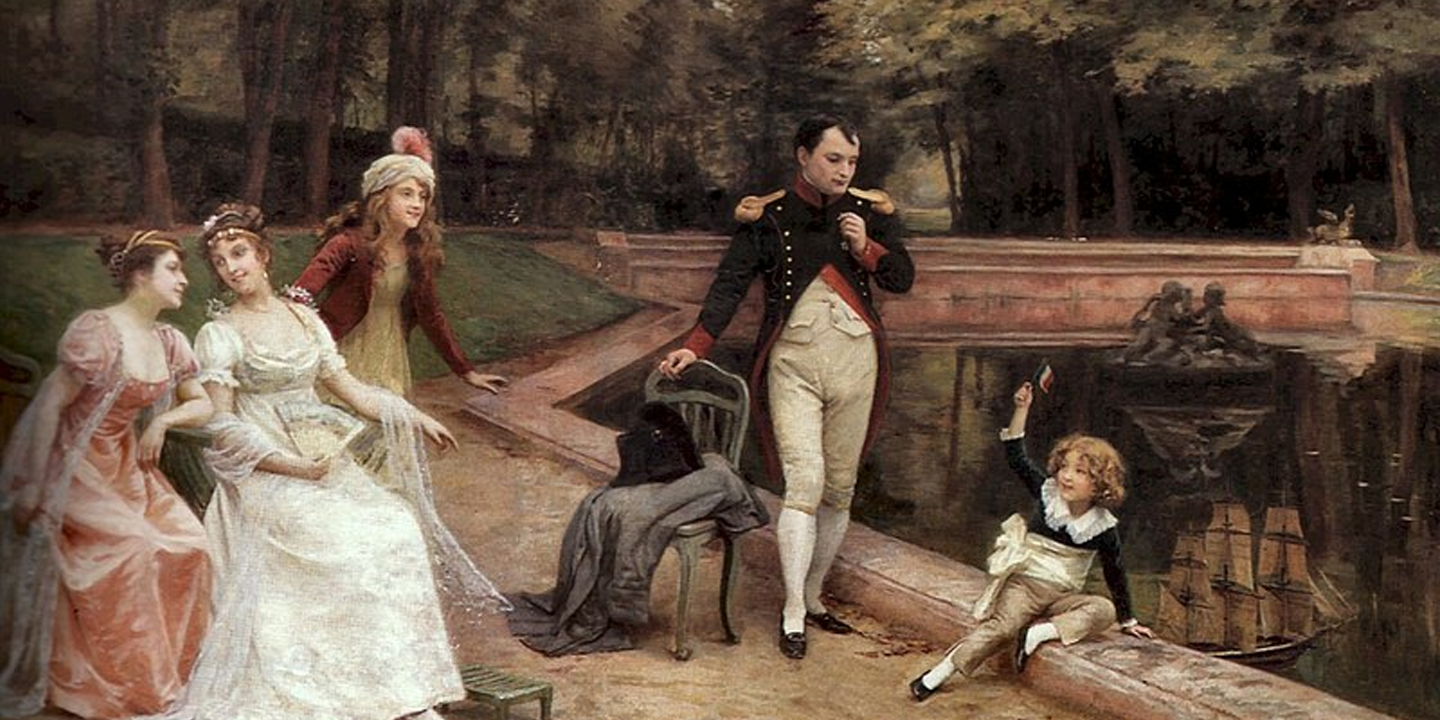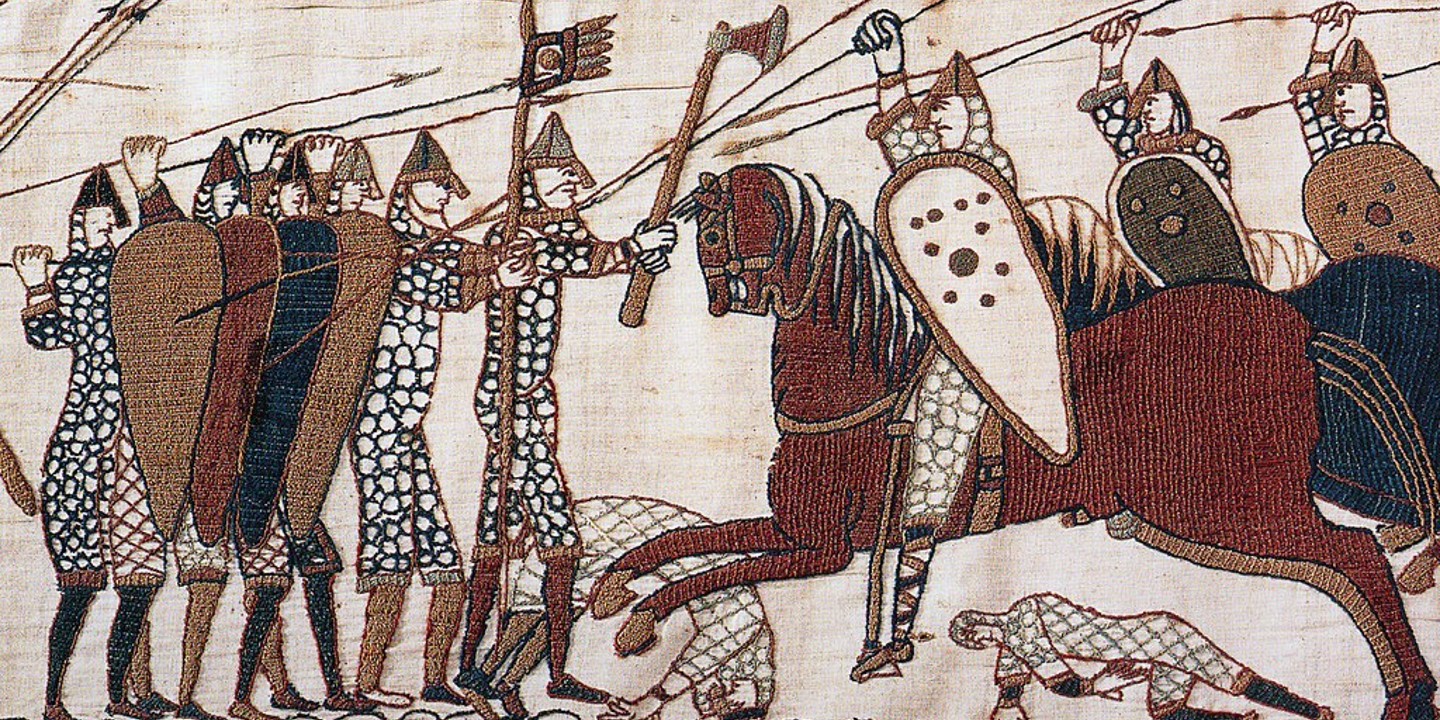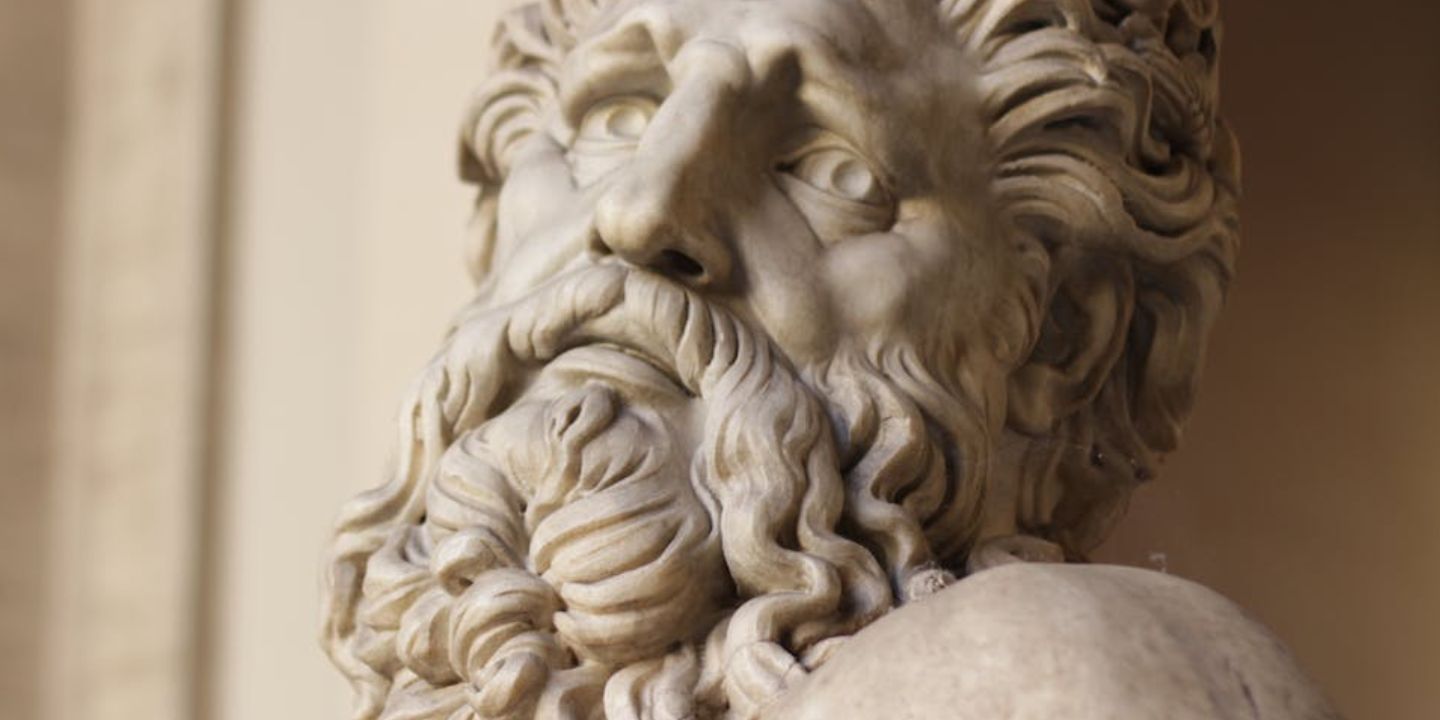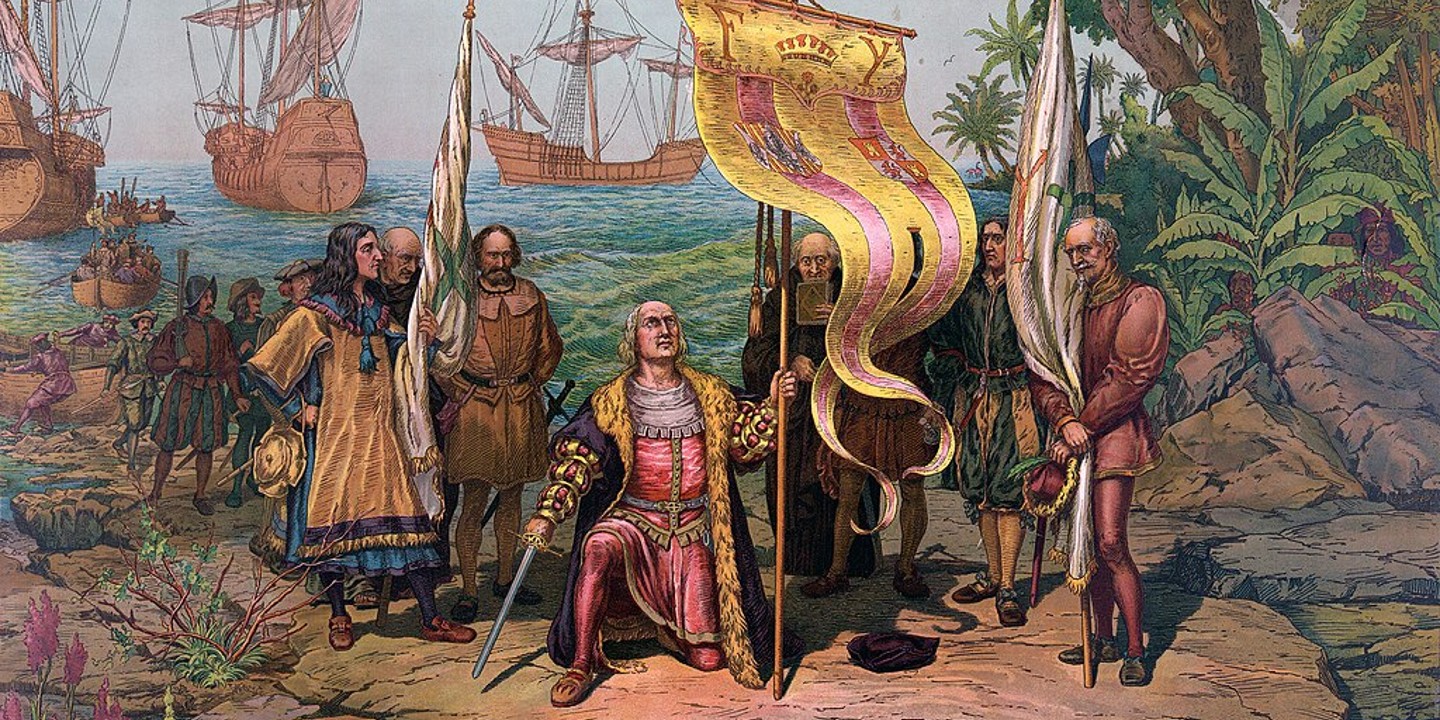When Flaws Take Center Stage
Tragedy has always had a strange pull. Audiences don’t come for happy endings—they come to watch characters stumble and deal with consequences that spiral out of control. The stories are dramatic, often brutal, and sometimes uncomfortably relatable. We see ambition, love, pride, and betrayal explode on the page, reminding us how close brilliance and disaster often sit together. So, here are 20 of the greatest tragedies ever written, and why they still grab our attention today.
 Pic, Roger (1920-2001). Photographe on Wikimedia
Pic, Roger (1920-2001). Photographe on Wikimedia
1. Medea (Euripides)
When Euripides’ Medea premiered at the Festival of Dionysus in 431 BCE, it stirred Athenian audiences. At its heart is Medea, a foreign sorceress abandoned by Jason, who seeks revenge for his betrayal. And the play’s climax, in which she makes a tough choice involving her children, left ancient viewers shocked.
2. Agamemnon (Aeschylus)
Aeschylus’ Agamemnon presents the uneasy return of King Agamemnon after the Trojan War. His homecoming quickly turns dark, as Clytemnestra, still embittered by the sacrifice of their daughter Iphigenia, takes revenge. The tragedy weaves together themes of vengeance, divine justice, and political transformation.
3. The Spanish Tragedy (Thomas Kyd)
This one’s plot follows Hieronimo as he seeks revenge for his son. It introduced the “revenge ghost” and the play-within-a-play structure. Hugely popular with 16th-century audiences, it inspired Shakespeare’s Hamlet and established the revenge tragedy as a dominant form.
4. Hamlet (William Shakespeare)
Few works capture human struggle quite like Shakespeare’s Hamlet, where the troubled prince wrestles with vengeance after Claudius murders his father. A ghost’s haunting demand for justice sets events in motion, but Hamlet’s hesitation and his iconic “To be or not to be” soliloquy reveal deeper questions about existence.
 Pic, Roger (1920-2001). Photographe on Wikimedia
Pic, Roger (1920-2001). Photographe on Wikimedia
5. Bussy D’Ambois (George Chapman)
In Bussy D’Ambois, George Chapman converts the true story of a daring French courtier into a tale of ambition and ruin. Bussy’s courage and wit propel him upward, but his affair with Tamyra, Count Montsurry’s wife, sparks deadly intrigue. Betrayal seals his fate, leaving his pride crushed in tragedy.
 Édouard Pingret / After anonymous on Wikimedia
Édouard Pingret / After anonymous on Wikimedia
6. The Duchess Of Malfi (John Webster)
At its center is the Duchess, a noblewoman whose defiance of her corrupt brothers’ authority through a secret marriage sets her on a tragic path. In short, Webster’s striking imagery and psychological intensity explore themes of female autonomy with unsettling force.
 Betrayal | The Duchess of Malfi (2014) | Act 2 Scene 5 | Shakespeare's Globe by Shakespeare's Globe
Betrayal | The Duchess of Malfi (2014) | Act 2 Scene 5 | Shakespeare's Globe by Shakespeare's Globe
7. Venice Preserv’d (Thomas Otway)
Amidst the shadowed canals of Venice, Thomas Otway’s Venice Preserv’d weaves a tale where political treason collides with love. Jaffeir and Belvidera’s devotion stands fragile against conspiracy and corruption, and the play’s emotional depth secured its place as one of Restoration theatre’s most enduring tragedies.
8. Horace (Pierre Corneille)
This story of a duel between the Horatii and Curiatii brothers reveals a conflict where family loyalty clashes with patriotic duty. Themes of stoic honor outweighing emotional ties give the tragedy its weight, and its lasting impact helped shape cultural identity.
9. Mary Stuart (Friedrich Schiller)
A queen’s downfall takes center stage in Mary Stuart, where imprisonment and eventual execution shape a tragedy of power and rivalry. The imagined confrontation with Elizabeth I sharpens the conflict, highlighting questions of the isolation of female rulers.
10. Faust (Johann Wolfgang Von Goethe)
Goethe’s Faust consumed more than fifty years of his life. The tale follows the scholar Faust, who, unsatisfied with earthly knowledge, makes a fateful pact with Mephistopheles in pursuit of deeper truths. It weaves philosophy, magic, and morality into a narrative that still unsettles and inspires.
11. The Robbers (Friedrich Schiller)
In The Robbers, Schiller presents a gripping clash between two brothers: Karl, driven by lofty ideals, and Franz, consumed by corruption. Premiering in Mannheim, the play ignited riots with its audacious attack on authority. It also fueled Romantic visions of freedom and revolt.
 © Foto H.-P.Haack (H.-P.Haack) on Wikimedia
© Foto H.-P.Haack (H.-P.Haack) on Wikimedia
12. Brand (Henrik Ibsen)
Brand follows a priest consumed by uncompromising idealism, demanding absolute sacrifice from himself and others. Set against a stark Norwegian backdrop, his rigid moral vision clashes with human weakness, which destroys his family and community.
 Anders Beer Wilse on Wikimedia
Anders Beer Wilse on Wikimedia
13. Mourning Becomes Electra (Eugene O’Neill)
Beneath the shadow of war and family curses, betrayal poisons every bond in this tale. Love turns into obsession, and each character becomes trapped in an unbreakable cycle of guilt. Even the weight of ancestral sins drags the household toward inevitable destruction.
 Florida Grand Opera on Wikimedia
Florida Grand Opera on Wikimedia
14. Death Of A Salesman (Arthur Miller)
A struggling salesman clings to fading dreams while reality closes in around him. His relentless pursuit of success blinds him to love and truth within his family. Soon, the broken promises and empty ambitions are exposed, until the weight of failure drives everything toward a heartbreaking collapse.
 Daan Noske / Anefo on Wikimedia
Daan Noske / Anefo on Wikimedia
15. Long Day’s Journey Into Night (Eugene O’Neill)
This play unfolds over a single day as a family struggles under the weight of addiction, illness, and resentment. Each exchange reveals buried pain, with hope constantly overshadowed by despair. Plus, the tragedy lies in watching love tangled with blame.
 Pic, Roger (1920-2001). Photographe on Wikimedia
Pic, Roger (1920-2001). Photographe on Wikimedia
16. The Dynasts (Thomas Hardy)
A sweeping verse-drama, The Dynasts presents a stage that stretches across Europe as the Napoleonic Wars unfold in thunderous battles and desperate councils. Soldiers march, and unseen Spirits watch from above. Lastly, every triumph carries seeds of destruction until fate itself appears the true master.
17. Countess Cathleen (W.B. Yeats)
In famine-stricken Ireland, a noblewoman confronts despair as peasants sell their souls to demonic strangers for survival. To save them, she sacrifices her own soul, embracing eternal loss for their deliverance. Its tragedy lies in her redemption through ruin, blending myth and faith with themes of sacrifice.
 Countess Cathleen - film from the Yeats Trilogy by Laura Forrest-Hay
Countess Cathleen - film from the Yeats Trilogy by Laura Forrest-Hay
18. The Suppliants (Aeschylus)
Instead of spotlighting a single heroic figure, the play centers on the Danaids, a chorus of women fleeing forced marriage and pleading for asylum in Argos. In doing so, Aeschylus explores ideas of divine justice and the rights of refugees.
19. Ion (Euripides)
Composed around 414 BCE, Ion unfolds at Apollo’s temple in Delphi, where a young temple servant slowly uncovers the truth of his noble parentage. Unlike the blood-soaked spectacles often found in Euripides’ works, this play leans toward reconciliation and discovery rather than destruction.
 Adolfo de Carolis on Wikimedia
Adolfo de Carolis on Wikimedia
20. Women Of Trachis (Sophocles)
Heracles at Trachis turns the spotlight not on the hero’s conquests but on his suffering and the human mistakes that seal his fate. At its heart lies Deianira, whose desperate attempt to keep her husband’s love leads her to give him a poisoned garment.
KEEP ON READING

The 20 Most Recognized Historical Figures Of All Time
The Biggest Names In History. Although the Earth has been…
By Cathy Liu Oct 4, 2024
10 of the Shortest Wars in History & 10 of…
Wars: Longest and Shortest. Throughout history, wars have varied dramatically…
By Emilie Richardson-Dupuis Oct 7, 2024
10 Fascinating Facts About Ancient Greece You Can Appreciate &…
Once Upon A Time Lived Some Ancient Weirdos.... Greece is…
By Megan Wickens Oct 7, 2024
20 Lesser-Known Facts About Christopher Columbus You Don't Learn In…
In 1492, He Sailed The Ocean Blue. Christopher Columbus is…
By Emilie Richardson-Dupuis Oct 9, 2024
20 Historical Landmarks That Have The Craziest Conspiracy Theories
Unsolved Mysteries Of Ancient Places . When there's not enough evidence…
By Megan Wickens Oct 9, 2024
The 20 Craziest Inventions & Discoveries Made During Ancient Times
Crazy Ancient Inventions . While we're busy making big advancements in…
By Cathy Liu Oct 9, 2024










